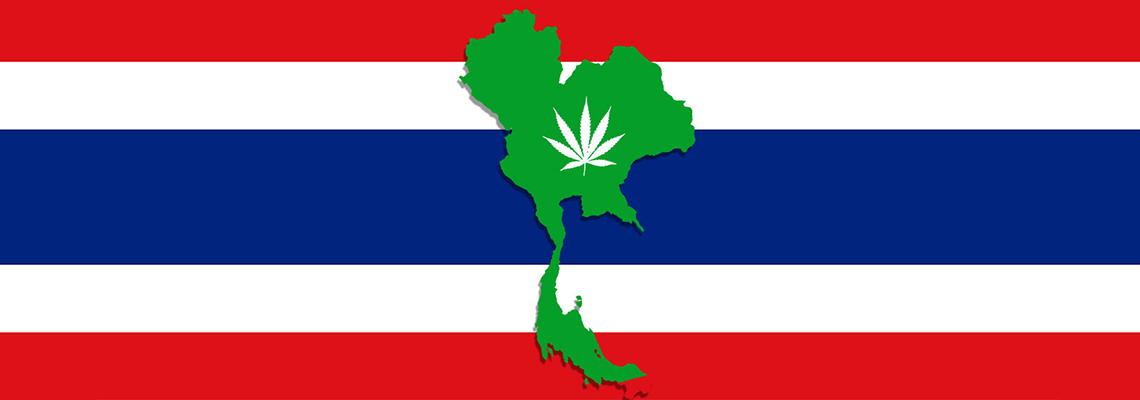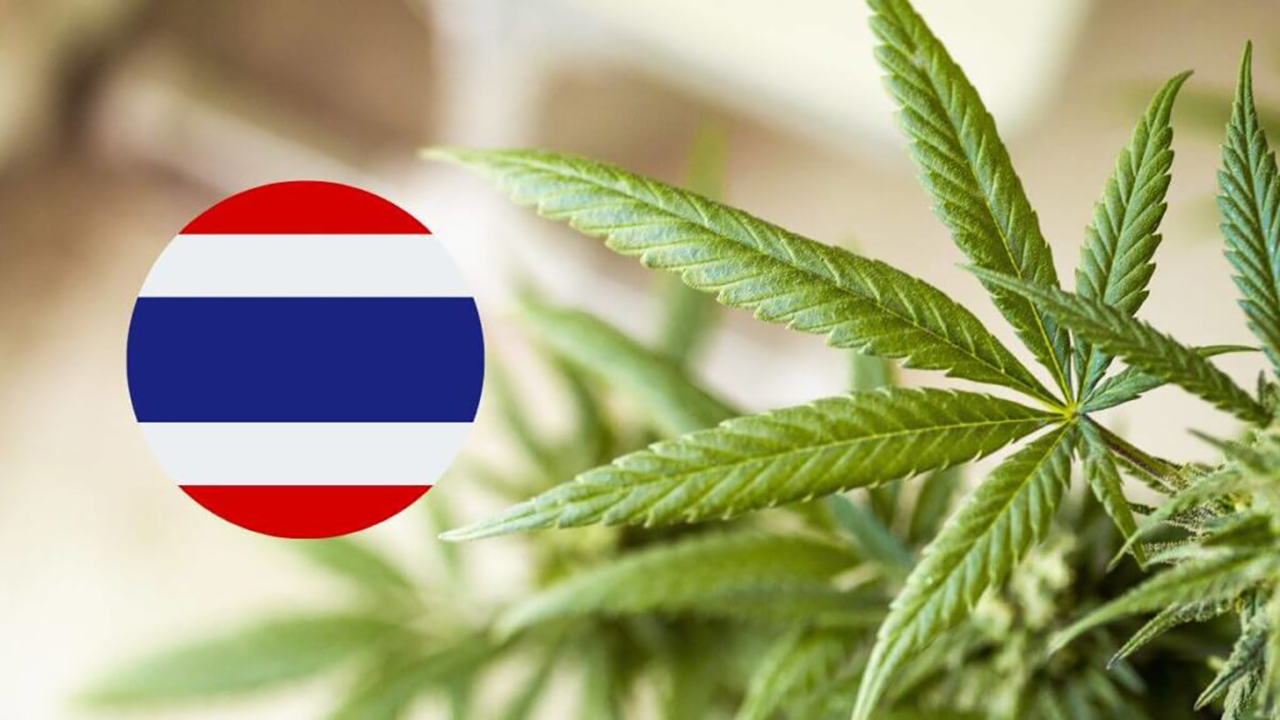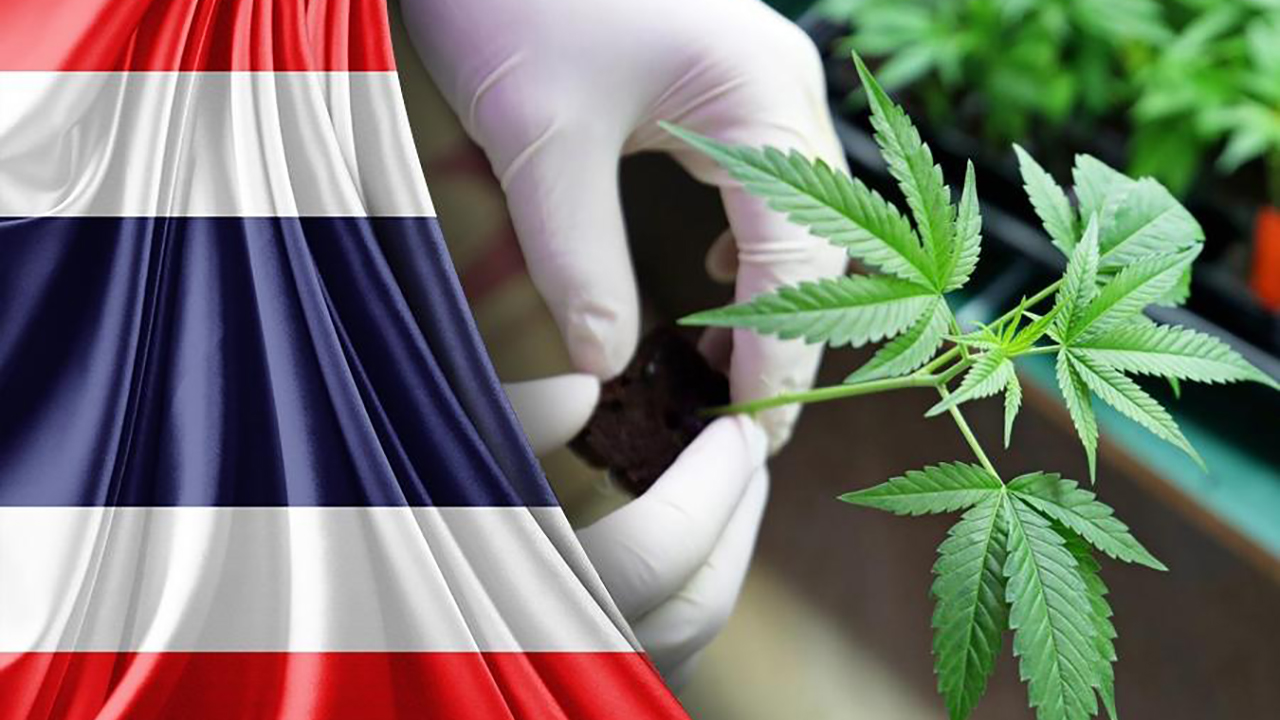There seems to be nothing in your cart.
Didn't find what you were looking for? Contact our consultant.
To save your shopping cart until your next visit, create an account or register .
Browse our Hits sales
There seems to be nothing in your cart.
Didn't find what you were looking for? Contact our consultant.
To save your shopping cart until your next visit, create an account or register .
Browse our Hits sales

Content
The genetics of Thai cannabis are deeply rooted in the history of Southeast Asia, especially in Thailand, from where it gets its name. This variety of cannabis belongs to the sativa group, characterized by its tall stature, narrow leaves and long flowering period.
The history of cannabis use in Thailand goes back thousands of years. Ancient civilizations in South-East Asia used the plant in various aspects of their lives. Archaeological findings and historical texts indicate that cannabis was an important part of medical practices, rituals and everyday life.
In ancient times, Thai cannabis was used mainly for medicinal purposes. Local healers and herbalists used it to treat a multitude of conditions such as joint pain, muscle spasms, fever and various inflammatory conditions. Its analgesic and anti-inflammatory properties have made it an indispensable remedy in traditional medicine.
One of the key features of Thai genetics is its exceptional adaptability to the climatic conditions of Thailand. Thailand is characterized by a warm and humid climate with long periods of sunshine and high rainfall. These conditions have had a significant impact on the development and evolution of Thai cannabis.
Plants of this variety can reach heights of up to 3-4 meters, which allows them to make efficient use of solar energy. The narrow, long leaves help reduce moisture evaporation and improve aeration, which is especially important in high humidity conditions. In addition, the long flowering period, which can last up to 12-14 weeks, allows the plants to fully develop their psychoactive properties.
Traditional Thai cannabis cultivation methods reflect a deep respect and understanding of natural processes. Local farmers used organic fertilizers such as compost and manure, which helped to preserve soil fertility and maintain the ecosystem. Natural irrigation, often through seasonal rainfall and rivers, minimized environmental impact and kept water clean.
These cultivation approaches helped preserve the purity and potency of Thai cannabis genetics. Plants grown using these methods were highly resistant to disease and pests, making them a reliable source of raw material for the various needs of the local population.
In addition to its medicinal use, Thai cannabis has played an important role in the spiritual and ritual life of society. In some regions of Thailand, it was used in religious ceremonies and rituals, where it was considered a sacred plant that could help in communicating with divine forces and ancestors. Inhaling cannabis smoke or using it for food was considered a way to achieve a meditative state and spiritual enlightenment.

In the 1960s and 1970s, the world was experiencing a cultural revolution that greatly influenced the spread and popularization of cannabis. During this period, many young people, especially hippies, sought new spiritual and cultural experiences, which encouraged them to travel the world. Thailand, with its rich culture and the availability of cannabis genetics Thai, became one of the popular destinations for such travelers.
Thailand attracted tourists not only for its natural beauty, but also for its unique traditions that included the use of cannabis. Tourists discovered Thai cannabis, known for its vivid psychoactive effects and aromatic qualities, and began to bring cannabis seeds from the plant home, which contributed to its spread outside Thailand.
The spread of Thai cannabis seeds beyond Thailand has played a key role in the development of the global cannabis industry. Breeders began using Thai genetics to create new hybrid varieties, seeking to combine its unique properties with those of other known varieties. This hybridization process has led to the creation of many new cannabis varieties that have been recognized for their improved characteristics. At Errors Seeds online store, you can buy Thai marijuana seeds in just a few clicks:
One of the most famous hybrids involving Thai is Haze, which was created in the 1970s in California. Haze combined the genes of several sativas, including Thai, which allowed it to acquire the high psychoactive properties and long flowering period characteristic of Thai. This variety became the basis for many modern hybrids and has had a significant impact on the development of global cannabis breeding.
Thai Cannabis has influenced not only breeding, but also culture and art. Its unique properties made it popular among artists, musicians and writers who used it for inspiration and creativity. In the 1970s and 1980s, cannabis became a symbol of the counterculture, and Thai played an important role in this due to its potent and long-lasting effects.
Musicians such as Bob Marley popularized the use of cannabis in their music and performances, and artists and writers incorporated it into their work, creating a new cultural movement associated with cannabis. Cannabis Thai became an integral part of this cultural revolution, contributing to its spread and influence.

As scientific research progressed, cannabis began to be recognized in the medical field as well. Studies have shown that the medical cannabis of Thai genetics contains high levels of terpenes and cannabinoids, making it particularly useful for medical use. The medical properties of Thai cannabis began to be extensively researched, and it began to be used to develop medicinal products.
Thai cannabis seeds are being used to create medicines aimed at treating chronic pain, anxiety disorders, depression, and other medical conditions. Their analgesic and anti-inflammatory properties make it an important component of medical preparations, furthering its spread and use in medical practice.
In conclusion, the spread and impact of Thai cannabis genetics on world culture is an important part of its history. The strain has had a significant impact on breeding, culture and medicine, and continues to be an important and valuable resource in the global cannabis industry.
